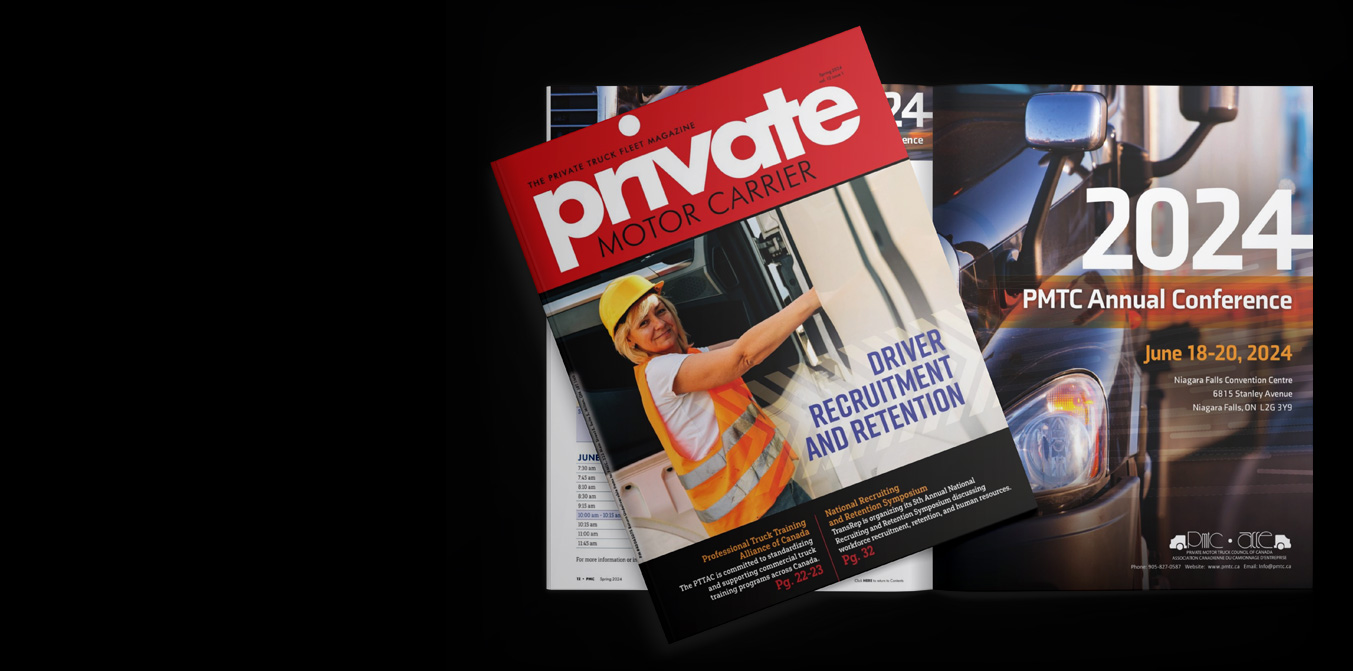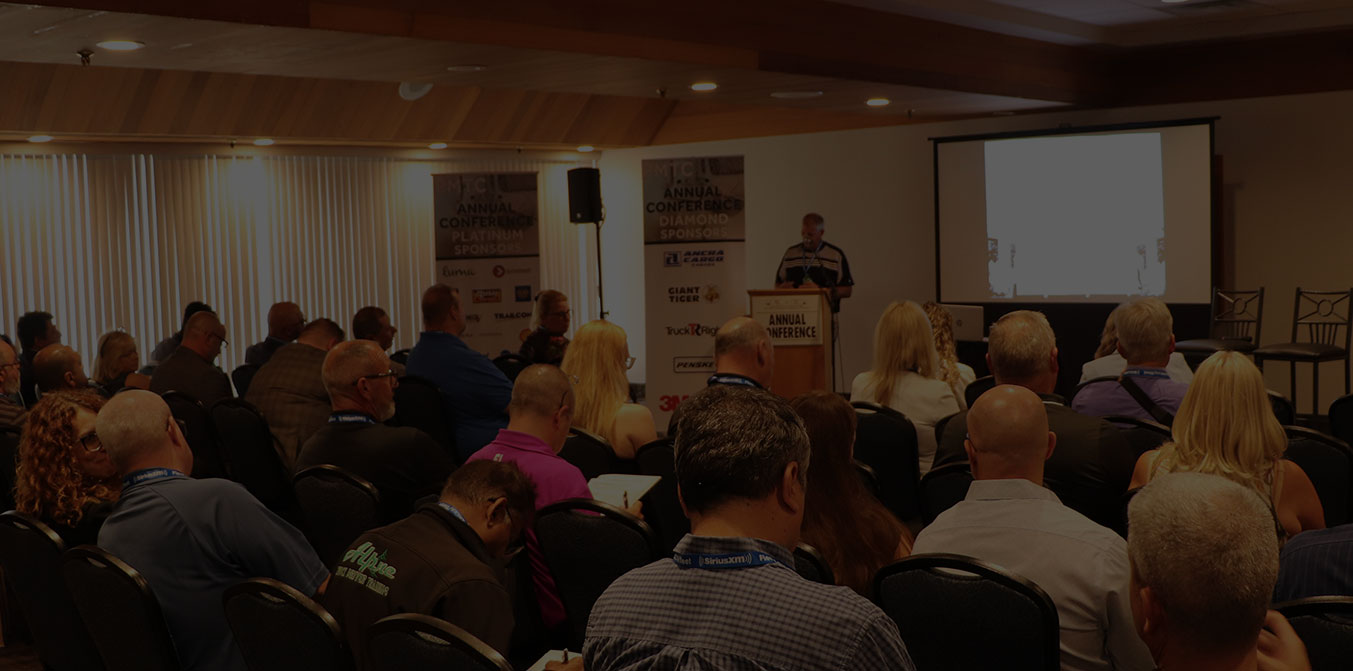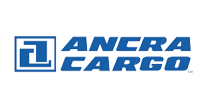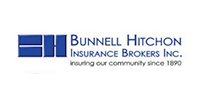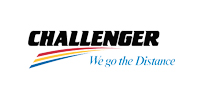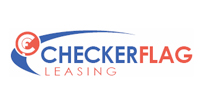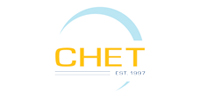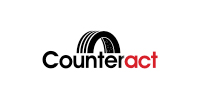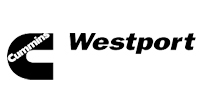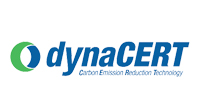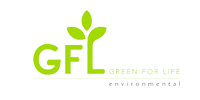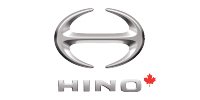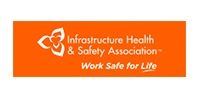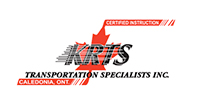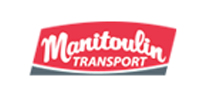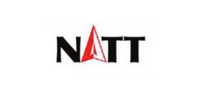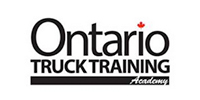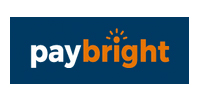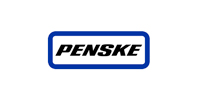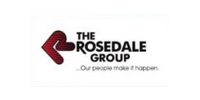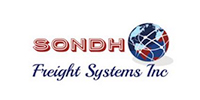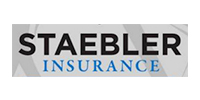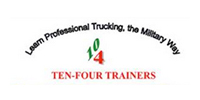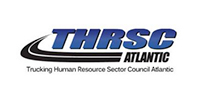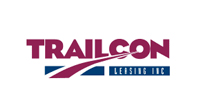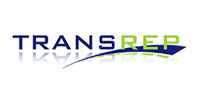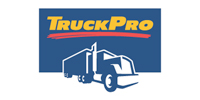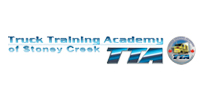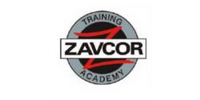Popular sports journalist Scott Oake says he and his family are on a “life mission” – and they need your help!
Born in Newfoundland, but a longtime resident of Winnipeg, Scott Oake is seen regularly by millions throughout the year on NHL hockey games and other sporting events such as the Olympics. Other than the fame this brings, the Oakes are a typical Canadian family unit – or at least they were until 2011 when eldest son Bruce died of a heroin overdose at the age of 25.
After a period of grieving, Scott, wife Anne (a registered nurse working in palliative care) and youngest son Darcy (a world renowned illusionist), are firmly facing their tragedy head-on, and have formed the Bruce Oake Foundation as a memorial to their beloved son and brother. The foundation will fund the Bruce Oake Recovery Centre, a non-profit, long-term residential treatment centre for adult males suffering from drug and alcohol addiction.

Remembering Bruce
Scott says his first-born was “a precocious and engaging child with a big, booming voice.” Early in life, Bruce was diagnosed with Attention Deficit Hyperactivity Disorder (ADHD) and Tourette Syndrome, which made his elementary school years difficult. Scott continues, “By high school, though, Bruce had learned to adapt to his ADHD. He was popular with classmates, played on the school basketball team, boxed in the Canada Games and, in the area of music, won a number of ‘rap battles.’”
Impulsiveness is one of the many symptoms of ADHD, and all the persuasion and guidance in the world from family and friends couldn’t keep Bruce away from experimenting with drugs. Scott says, “It started in high school with weed, moved on to ecstasy and crystal meth, and from there it wasn’t a huge leap to opiates and heroin.”
In his early twenties, following stays at facilities in Winnipeg, Toronto and Halifax, Scott and Anne sent Bruce to a Calgary treatment program called Simon House, where Bruce met with some success in his battle. Bruce was at Simon House for a year, leaving clear-headed and facing up to what he was – an addict. Sadly, he relapsed, re-entering Simon House the following year (2011). This second stay lasted only for a few months before he failed a drug test and was asked to leave. A week later, Bruce had passed away, one of more than 36,000 people who died of a drug overdose in North America in 2011.
A Canadian Crisis
Substance abuse is on the rise worldwide and Canada is not immune. Addiction carries a staggering cost to society, with the estimated cost of substance abuse in Canada estimated to be $39.8 billion annually. The direct cost associated with substance abuse on the health care system alone is estimated at $8.8 billion, with additional costs being borne by the welfare, judicial, and penal systems. When addicts are treated, family violence and trauma are also reduced, while our productivity as a community increases. The costs of effective treatment programs are a tiny fraction of this expense.
New statistics from Manitoba’s Office of the Chief Medical Examiner show the number of deaths linked to the drug fentanyl has nearly doubled in the last two years. It’s expected that number will continue to rise. “It’s certainly a significant trend and it is alarming,” said Manitoba’s acting Chief Medical Examiner Dr. John Younes. “Especially when you look farther west in Canada to Alberta and BC... Their numbers are so much higher than ours, even on a per capita basis. So, knowing what the potential is... it certainly gives us concern here as well.”
The Project
Scott, Anne and Darcy feel a soul-searing pain every day – a pain that will never go away. At the same time, the family is committed to seeing that Bruce’s time on earth is meaningful through this recovery centre that will bring positive outcomes to others who are suffering as Bruce suffered.
The Bruce Oake Recovery Centre will provide a unique and proven addition to existing treatment options, which have extended waiting lists. Scott notes, “With services offered in partnership with Fresh Start Recovery Centre in Calgary, the facility will focus on measureable outcomes that address all the dimensions of the person, with no financial barriers to entry. Sobriety, mental health, employment, housing, a positive social network, and improved self-esteem are all factors in improved functioning, and are addressed in this treatment model.”
The Oakes’ business plan allows for the creation of a state-of-the-art, not-for-profit facility that will be able to treat hundreds of patients annually. The Bruce Oake Foundation is currently raising the several million dollars required to establish and furnish a location that will treat hundreds of patients each year and substantially reduce the existing waiting period of current facilities. The centre is expected to operate at 95% capacity by its fourth full year of operations.
Scott adds, “Long-term treatment is the overall goal for the Bruce Oake Recovery Centre. The centre will offer a range of complimentary services and resources essential for recovery.”
At the core of the program is the Twelve Step Model that recognizes addiction as a chronic disease. The program ideology is based on the following key values:
• Accessibility
• Flexibility
• Inclusivity
• Customization
• Accountability
Fundraising
The death of a family member due to drugs is a subject that makes most of us squirm. Once a forbidden subject (and in some corners it still is), there are a number of families who have suffered through this tragedy – like the Oakes – who are showing an amazing level of courage and resilience by telling their tales in the hopes of raising awareness to this growing problem. Scott, Anne and Darcy are taking their message a giant step further by establishing a centre that can truly help those in need, and prevent more needless loss of life.
As mentioned, the Oake family is now on a ‘life mission’ to see the Bruce Oake Recovery Centre become a reality. Scott has made presentations to numerous community groups in an effort to raise the required funds. (Anyone who has heard him speak on the subject is thoroughly spellbound.) The Oakes were also the subject of TV segments documenting their story, as well as numerous newspaper articles.
Darcy made a name for himself on the popular UK television show Britain’s Got Talent and subsequently saw his career take off. He has since written a book on his craft entitled Behind the Illusion: Unlocking the 9 Types of Magic. In June 2017, Darcy put on a series of sold-out shows in his hometown of Winnipeg, with all proceeds going towards the Bruce Oake Foundation.
Now, the family is appealing to the private trucking industry in Canada. Scott says, “This tragedy happened to us, it has happened to others, and, God forbid, it could happen to you. The Bruce Oake Recovery Centre will be a huge weapon in the battle against addiction. Trucking is at the core of our nation’s economy and, hopefully, it can be the foundation for the Bruce Oake Recovery Centre. Our family appreciates any and all help.”
More on Fresh Start
Calgary-based Fresh Start Recovery Centre boasts an outstanding success rate of 55%. The Bruce Oake Recovery Centre will mirror Fresh Start and be operated by Fresh Start staff.
The Fresh Start treatment program follows the disease concept: Fresh Start staff members see addiction as a progressive illness that is often fatal if untreated. The good news is that with treatment and a program of recovery, clients can live a healthy, happy and productive life. Through an interdisciplinary approach, Fresh Start’s recovery program includes daily individual and group counselling, reinforced with enhanced recreational and therapeutic activities conducted in an atmosphere conducive to physical, emotional, mental and spiritual growth. The nationally recognized program offers an individual approach to recovery since there is no ‘one size fits all’ treatment.
The peer support component of the program runs parallel to the core treatment model of integrated chronic care. Fresh Start employs the 12 Step abstinence model of recovery as its base for treatment and this is supported within a bio-psycho-social model of therapy.
Fresh Start staff members’ collective insight, compassion and understanding of addiction and recovery allows them to not only offer residents a home, but also make them part of a recovery family. With an 81% group completion rate and the aforementioned 55% success rate of continuous abstinence based recovery at one year, Fresh Start is second-to-none in helping those afflicted with addiction achieve a second lease on life.
To donate, please visit https://www.bruceoakerecoverycentre.ca/donate.


